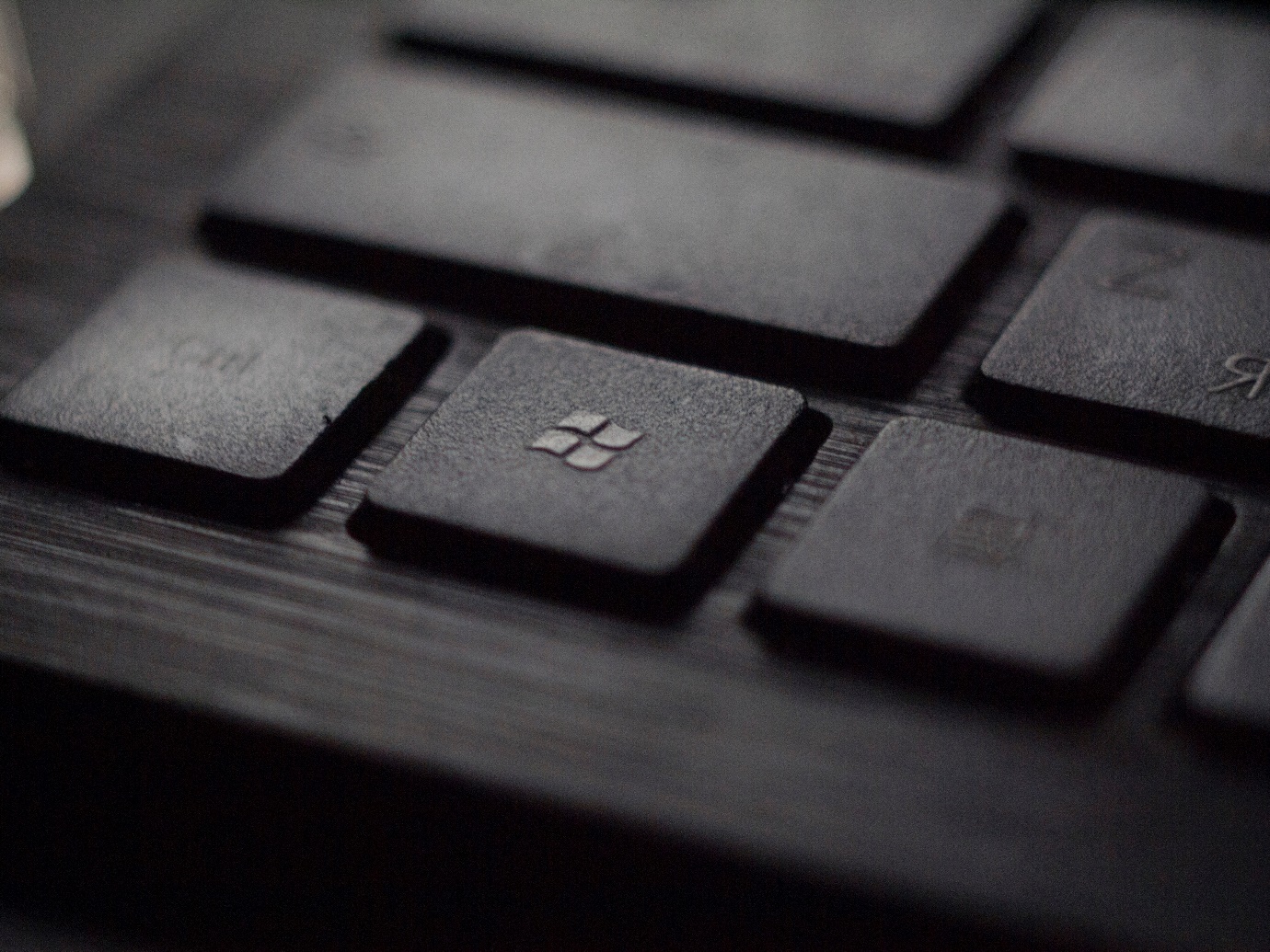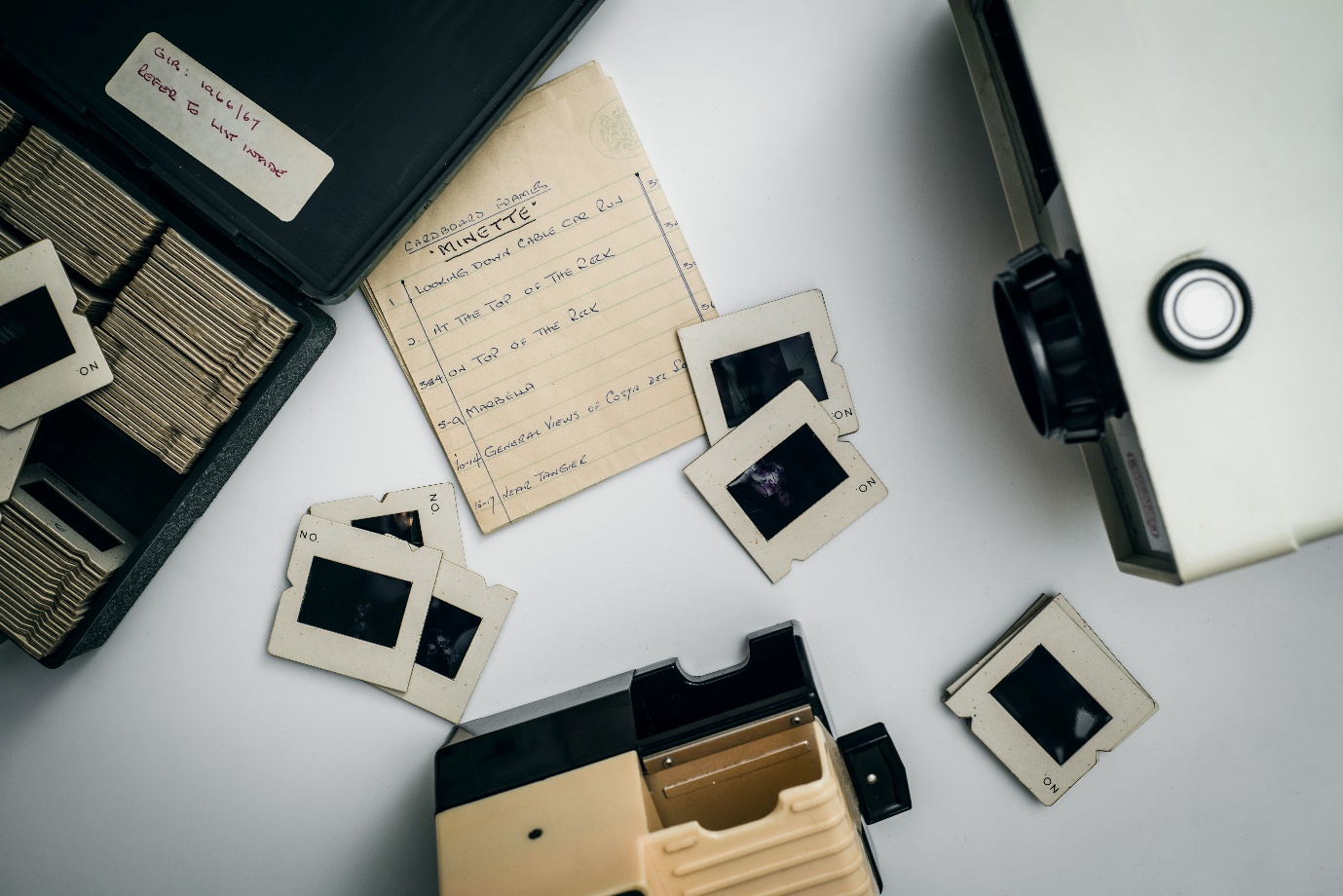We have come far away from horse-drawn carriages to the era of Tesla and holograms. This is a new age of technology. We are constantly moving forward and improving, something new is being developed every day. With new technology improving everyday old technology will become obsolete very soon. Old technology is less convenient. Therefore, developers improve them every day. As the world uses and prefers new technologies every day, there are still agencies and people who prefer to use old technologies over new ones. Here are some of the outdated technologies that are still used in Irish Parliament (Oireachtas) today:
Printing Laws On Vellum
 Source: https://unsplash.com/photos/Ty3C3cIRhug
Source: https://unsplash.com/photos/Ty3C3cIRhug
Despite this advanced digital age, the Republic of Ireland, like the United Kingdom, printed its laws on parchment until the House of Lords announced that subsequent legislation should be printed on paper. For archival purposes, the laws were printed on parchment. Research says that vellum lasts longer than regular paper. One can find ancient documents in the archives of the British Parliament that were first recorded in 1497 and the original signed copy of the Magna Carta.
Vellum is made from calfskin. The word shares its origin with the word “veal” from the Old French “velin” (Collins Dictionary) or “veelin” (Petit Robert). Vellum is made by first soaking calfskin in a lime wash. The lime causes the hair follicles to expand, making it easier to scrape off the grease and fur from the skin.
Windows XP
 Source: https://unsplash.com/photos/T01GZhBSyMQ
Source: https://unsplash.com/photos/T01GZhBSyMQ
Irish parliaments and Irish businesses still use Windows XP despite new Windows updates. Windows XP is always in high demand because most PC users prefer Windows XP. Users claim that the main reason for its success is its smoothness and simplicity. However, Windows XP is not suitable for providing security.
Landlines
 Source: https://unsplash.com/photos/xhGMQ_nYWqU
Source: https://unsplash.com/photos/xhGMQ_nYWqU
Who else wants to use those old heavy phones in this day and age of smartphones? A surprising number of people still use traditional landlines in their homes and offices, with nearly 50% of Irish households considering a landline essential. Irish Parliament is one such institution that still uses traditional landlines. They have even invested more in purchasing improved landline phones – corded and cordless. The reason behind that is the unstable signals of modern smartphones.
Floppy Disks
 Source: https://unsplash.com/photos/vpm9z4BLgRY
Source: https://unsplash.com/photos/vpm9z4BLgRY
It has probably been years since you previously used a floppy disk to transfer files from one place to another. However, one user on Reddit noted that the Irish government – at least officially – is still using technology that is now obsolete.
The recent cyber-attacks on the Irish Parliament also suggest that newer technologies are not as secure as outside sources can quickly attack them. This may be why governments still use floppy disks.
Komori Printer
 Source: https://unsplash.com/photos/6AuEoJYM4rE
Source: https://unsplash.com/photos/6AuEoJYM4rE
Printers have seen incredible improvements in recent years. Inkjet, laser, drum, etc., are some of the most common printers available in the market. The Irish Parliament has ordered a state-of-the-art Komori printing press worth €808,000. The machine measures 2.1 meters in height and 1.9 meters in width. It arrived in Ireland with representatives of the Oireachtas legislature who discovered it would not fit in the building.
The printer is now installed but idle due to a work dispute. According to the Irish Times, Oireachtas staff refuse to run it, saying it needs training and a pay rise. IT department is reluctant to grant it server privileges, meaning it can’t be run.
Conclusion
To conclude, the world has been evolving, and so has technology. But there are people and institutions that are still old school for various reasons. Irish Parliament is one institution that uses outdated tech tools across all departments at any given time due to their outdated nature. These include Komori Printer, Floppy Disks, Landlines, Windows XP and Vellum.

Muhammad Asfandyar is a lawyer having extensive experience in creative content writing, proofreading, legal and academic research writing. He can be reached at asfandyar.edw@gmail.com

 Source:
Source: